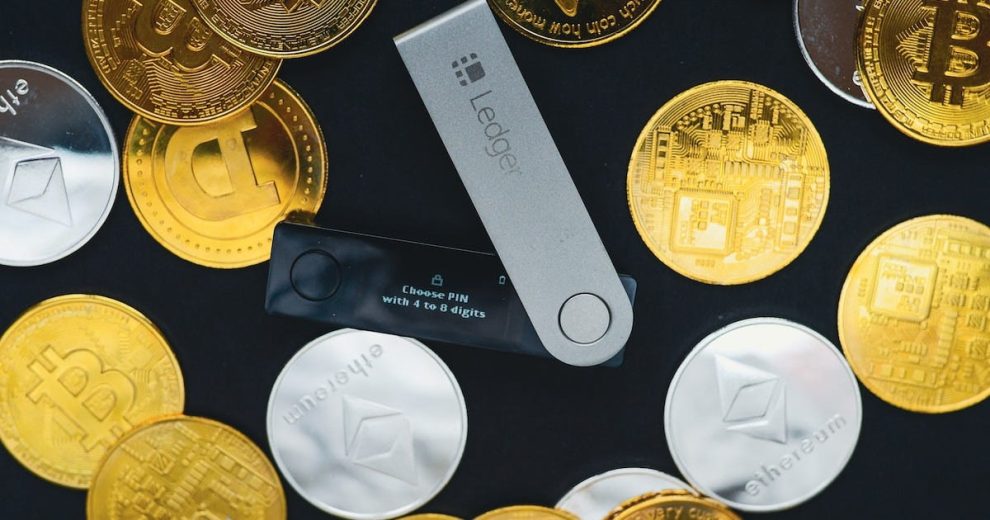Securing your cryptocurrency is crucial in this volatile and evolving landscape. Losing your precious digital assets can be a heart-wrenching experience, so it’s best to be proactive and implement robust security measures. Here’s a breakdown of different approaches to protecting your crypto:
Understanding the Storage Options
There are two main categories of cryptocurrency storage: custodial and non-custodial.
Custodial Wallets
These are hosted on online platforms like exchanges or mobile apps. The platform holds your private keys, giving them control over your crypto. While convenient, this option carries inherent risks if the platform gets hacked or suffers technical issues.
Non-Custodial Wallets
These put you in complete control of your private keys, the essential passwords to access your crypto. Options include hardware wallets, desktop wallets, mobile wallets, and even paper wallets. Non-custodial wallets offer greater security but require user responsibility for safeguarding private keys.
:max_bytes(150000):strip_icc()/Primary-Image-how-to-store-cryptocurrency-in-2023-7500942-d7e5d02e6aca4a009d312eedca8b0ac9.jpg)
Choosing the Right Wallet
The best crypto storage solution depends on your needs and priorities. Here’s a quick guide:
High Security
Hardware Wallets
These are USB-like devices that store your private keys offline, offering the highest level of security. Popular options include Ledger Nano S and Trezor.
Paper Wallets
Generate your private keys offline and print them on a secure piece of paper. This is a very secure option but highly inconvenient for transactions.
Convenience
Mobile Wallets
Keep your crypto readily accessible on your phone for quick transactions. Choose reputable wallets with strong security features.
Desktop Wallets
Downloadable software wallets offer good security and flexibility. Just ensure you download from the official source and practice proper computer hygiene.
Balance
Split Storage
Keep a small amount of crypto in an online wallet for daily use and store the bulk in a hardware wallet for long-term holdings.
Additional Security Tips
- Strong passwords and keyphrases: Use unique and complex passwords for your wallets and crypto platforms. Never share your private keys with anyone.
- Two-factor authentication (2FA): Enable 2FA whenever possible for an extra layer of security.
- Regular backups: Back up your wallets regularly, just like any other crucial data.
- Stay informed: Keep yourself updated on crypto security news and best practices.
Remember, there’s no single foolproof solution. Combining different storage options and practicing good security habits is the best way to protect your cryptocurrency investments.











Add Comment